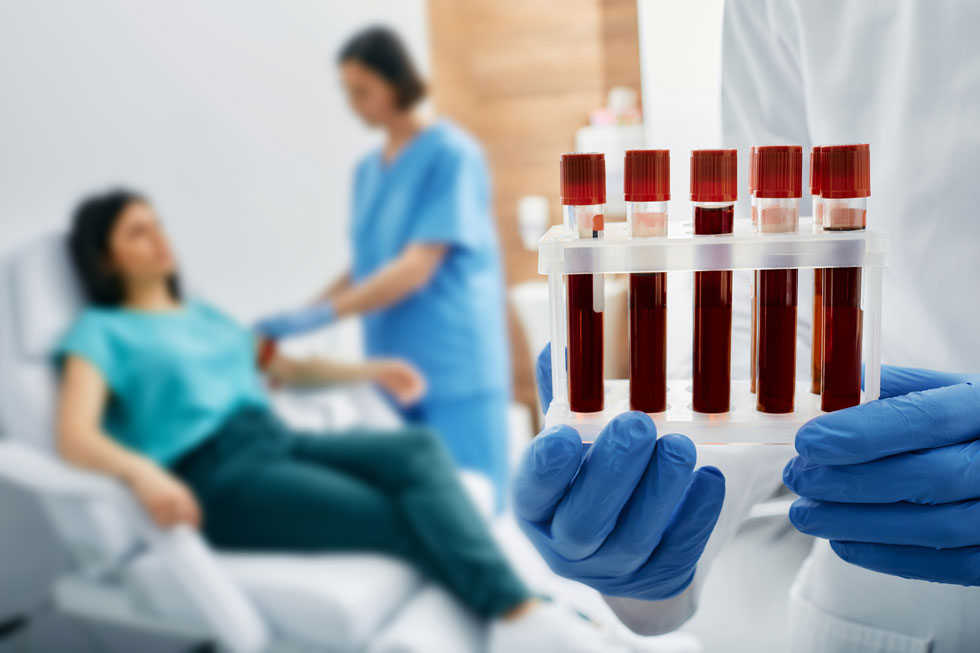Alzheimer's diagnosis shortly based on biomarkers
17 Jul 2023

New guidelines for diagnosing Alzheimer's disease developed by clinicians and researchers from around the world were presented at the International Alzheimer's Congress (AAIC) in Amsterdam. In these criteria, the disease is diagnosed in the clinic through the use of blood biomarkers, just as with other major diseases such as diabetes and cardiovascular disease.
A blood test has been developed for this purpose in recent years that gives very good results, according to recent research ⧉ . Currently, Alzheimer's is diagnosed through the analysis of cerebrospinal fluid, acquired through an invasive lumbar puncture, or via an expensive PET scan. It is believed that both of these methods will soon also be less necessary in the diagnose of Alzheimer's.
A new generation of biomarkers is now available to detect Alzheimer's disease more and more effectively. We have already gained a lot of experience with this in our Alzheimer's centre, but in the long term the test can also be successfully implemented after a GP's referral.Charlotte Teunissen, professor of neurochemistry at Amsterdam UMC
Web design by Tribal Systems








